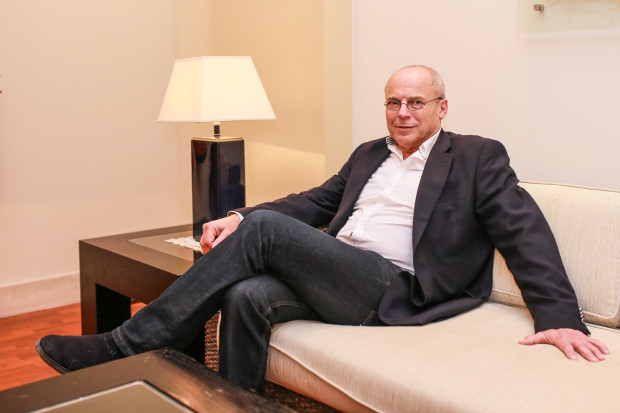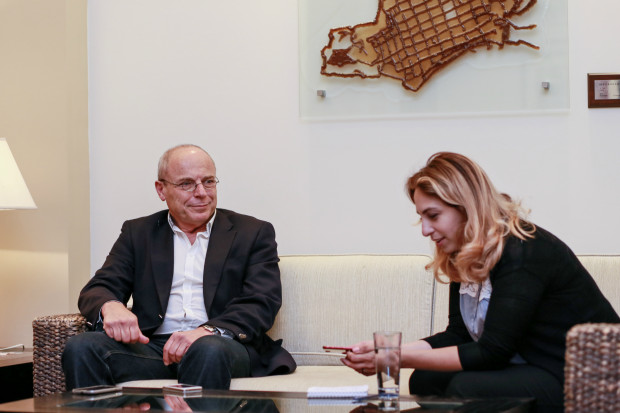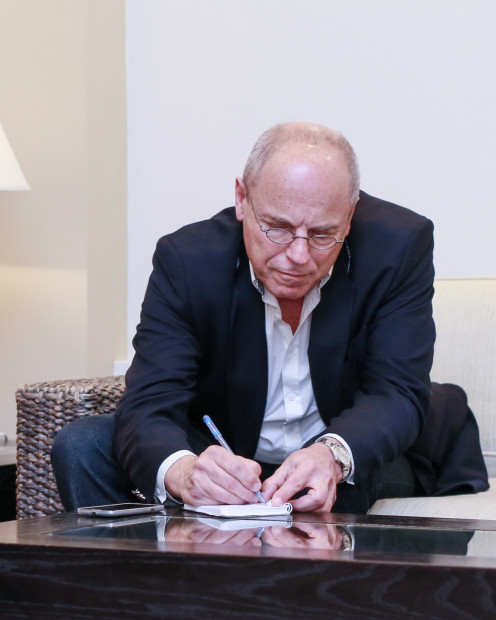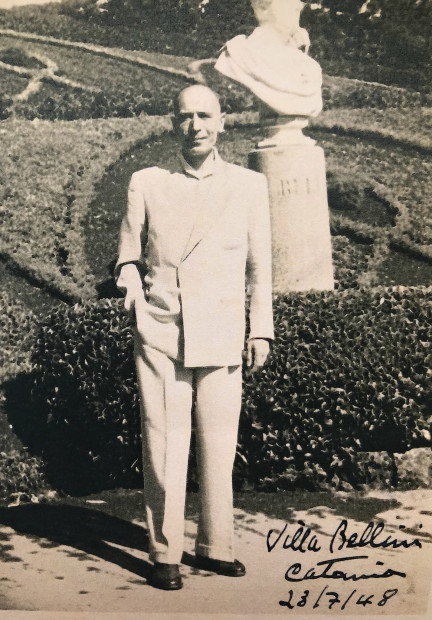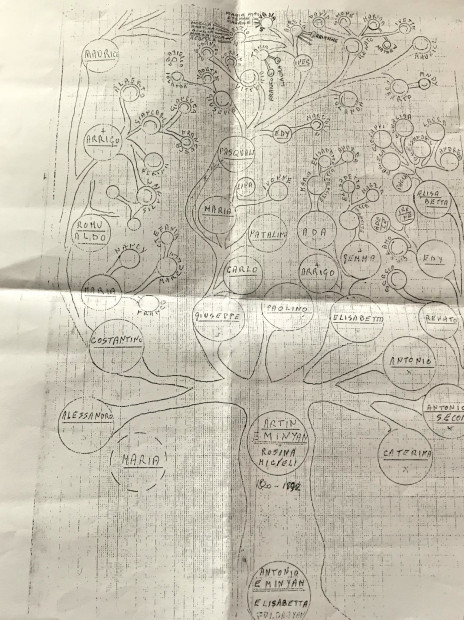
Ani Afyan met with Maurice Vassallo, Projects Officer at Mediterranean Conference Centre, during the Armenian Cultural Days in Malta. Vassallo is the descendant of the Armenian Genocide survivors who escaped the Ottoman Empire in 1915. Maurice was born in Malta and spent his entire life on the island, but he is trying to recreate the lost chapters of his family’s story and to find his relatives. In an interview with Armenian News-NEWS.am, he told about his roots, the history of Armenian settlers in Malta and his goals.
Can you tell about your family background? Where is your family from?
Presently I’m trying to locate the origins of my family, to find out where my ancestors used to live in Armenia. What I do know is that during the genocide they left Western Armenia and went to North Africa. From there they went to Italy and later moved to Malta. I have discovered that my grandfather was 7-8 years old when he settled here. My grandfather, whose name was Pascal Eminyan, married a Maltese girl, whose name was Maria and they had 7 children - my mother and 6 brothers. Besides we found out during the 1970’s when one member of our family had visited us from Venezuela and he showed us a family tree, according to which our first ancestor’s name was Artin Eminyan. I managed to locate some people in Vanadzor who have the same surname, but we haven’t established as yet that they have any relationship with our family.
Have you ever been to Armenia? What do you know about this country in general?
No, I have never been to Armenia. This is one of the things I have to do. I know that Armenia first adopted Christianity as a state religion, and Armenians have ancient culture. I'm trying to discover food, wines, drinks, which Armenia is famous for, as well.
What can you tell about Armenians in Malta? Do you keep in touch with them?
Actually, first Armenians came to Malta during the period of the knights, and that was the first settlement. The next settlement was when my family came - during the 1918-1920s, and the third influx of Armenians was after the breakup of the Soviet Union. So, we can mark three phases. The descendants of the first wave, as a rule, know little about their roots and the history of their family. Too much time has passed, and it's quite difficult to find out something. What about me, I keep in touch with Konstantin Ishkhanov, the President of the European Foundation for Support of Culture. My aim is to establish an Armenian Cultural Centre in Malta and to promote more business co-operation between Armenia and Malta.
Can you define a typical for Armenians?
I can't say precisely, but I remember my grandfather. He was always involved in business as well as trade. I think that business thinking is quite common among the Armenians.
What about your family? Are your children interested in Armenian culture?
I have 5 daughters. Yes, they show interest, since I have brought up the subject. So, they look forward to the possibility of visiting Armenia. I hope they will do it soon. They are very interested to attend the events organized during the Armenian Cultural days in Malta.
